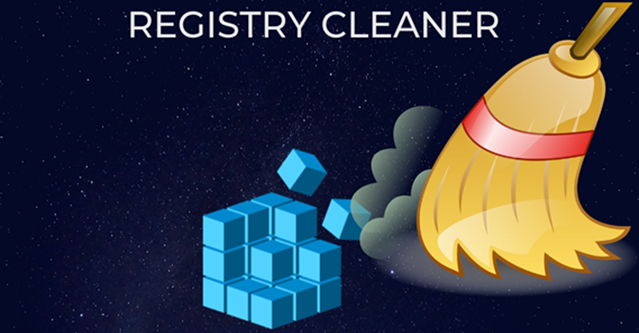
Hey everyone who decides to read this important blog article! If you’re like me and enjoy keeping your computer in top shape, you probably know that maintaining a clean registry is key to optimal performance. Today, I want to share with you some fantastic tools that can help you tidy up those orphaned registry keys that might be slowing down your system.
Why Cleaning Your Registry Matters
Before we dive into the tools, let’s talk about why it’s important to clean your registry:
- Improved Performance: Removing unnecessary registry entries can help speed up your computer.
- Enhanced Stability: A cluttered registry can lead to system errors and crashes.
- Disk Space Savings: Deleting unused keys frees up space on your hard drive.
My Top Picks for Registry Cleaning Tools
CCleaner
CCleaner has been my go-to for years. It’s user-friendly and gets the job done:
- Efficient Cleanup: It scans and removes orphaned registry keys quickly and safely.
- Additional Features: Cleans up junk files and manages startup programs to further optimize your PC.
Auslogics Registry Cleaner
Auslogics is another great option with powerful features tailored for registry maintenance:
- Thorough Scans: Identifies and fixes invalid registry entries, including orphaned keys.
- Safe and Reliable: Ensures critical system entries are untouched during cleaning.
Wise Registry Cleaner
Wise Registry Cleaner is known for its advanced tools that maximize registry performance:
- Deep Scan Technology: Finds deep-rooted issues in your registry for a thorough cleanup.
- Scheduled Cleaning: Automates the process to keep your system running smoothly.
Registry First Aid
Registry First Aid excels in repairing and optimizing the Windows registry:
- Extensive Repair Options: Fixes invalid entries and broken links to enhance system stability.
- Backup and Restore: Offers secure backup options in case you need to revert changes.
Tips for Safe Registry Cleaning
To ensure a smooth cleanup process, follow these tips:
- Backup Your Registry: Always create a backup before running a registry cleaner.
- Review Scan Results: Take time to understand what will be deleted to avoid removing critical entries.
- Use Reputable Tools: Stick to well-known software to minimize the risk of unintended consequences.
Support Techcratic
If you found this article helpful and would like to support Techcratic, consider making a Bitcoin donation. Your contributions help us continue to provide high-quality content and resources.
Bitcoin Address: bc1qlszw7elx2qahjwvaryh0tkgg8y68enw30gpvge
If you wish to donate through other means, please contact us at the Techcratic Contact form. Thank you.
Disclaimer: As an Amazon Associate, Techcratic may earn from qualifying purchases.

































































































